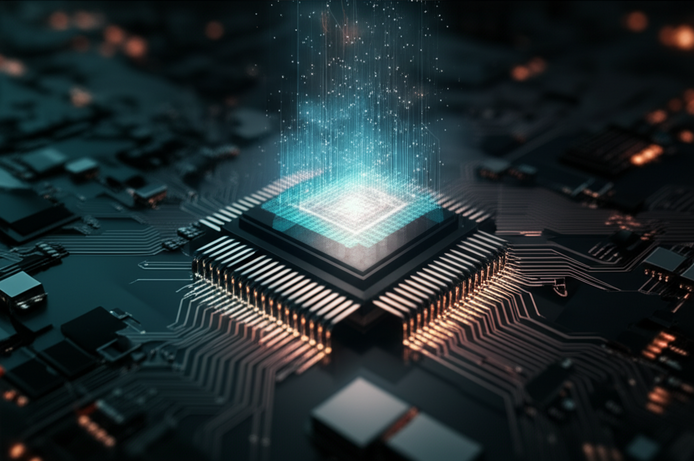Intel has long been a leader in the semiconductor industry, continuously pushing the boundaries of technology. But how do its innovative strides affect the information technology landscape and what does the future hold? In this blog post, we explore the implications of Intel’s advancements and their impact on the IT sector.
The Legacy of Intel’s Innovations
Since its inception, Intel has been at the forefront of microprocessor technology, driving advances that have reshaped computing. From the introduction of the x86 architecture to multi-core processors, Intel’s innovations have enabled more powerful, efficient, and accessible computing solutions.
What Makes Intel Stand Out?
Intel’s commitment to research and development (R&D) is unparalleled. The company invests heavily in understanding consumer needs and technological trends, which fuels its innovation cycle. This focus is evident in:
- High Performance Computing: Continuously improving processor speeds and performance metrics.
- AI and Machine Learning: Pioneering integration of AI capabilities into hardware, improving computational efficiency.
- Edge Computing: Fostering a shift towards decentralized computing solutions from cloud to edge.
Intel and the Cloud Computing Revolution
The cloud computing landscape heavily relies on Intel technology. Data centers utilize Intel processors to manage vast amounts of data and run complex applications. Innovations in cloud services, such as improved security protocols and faster computing chips, are essential for businesses to stay competitive.
Impact on AI and Data Processing
Intel’s advancements in AI and data processing technology allow for more sophisticated algorithms and applications. With its dedicated AI chips, Intel is enabling faster training of machine learning models and improving data analytics capabilities, essential in a data-driven world.
Shaping the Future: Intel’s Vision
Through innovation and proactive adaptation, Intel aims to shape the future of technology. Its expansion into sectors like autonomous vehicles and the Internet of Things (IoT) showcases its visionary approach in tapping new markets and addressing future needs.
Related Articles You May Like
- Role of Automation in Digital Transformation
- Harnessing AI: Stock Market Analysis with Gemini
- Understanding Octo Stock: Financial Technology
Conclusion: Embracing the Intel Revolution
As Intel continues to innovate, its influence on the future of information technology is undeniable. Companies and consumers alike can benefit from the advancements made in processing power, AI capabilities, and cloud solutions. Embracing these innovations will be key to capitalizing on the transformative potential of technology in the coming years.








